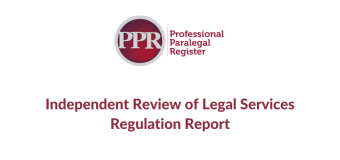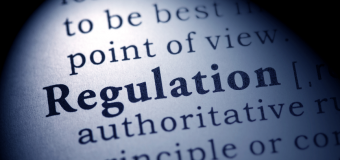 It has been a very difficult time for all of us since Covid-19 came unwanted into our lives. Here at the PPR it is business as usual albeit we are working from different locations.
It has been a very difficult time for all of us since Covid-19 came unwanted into our lives. Here at the PPR it is business as usual albeit we are working from different locations.
Our RRC Committee will function as normal and so there are no changes to the rules, procedures or policies at this time.
The most important thing is that you keep physically and mentally safe and follow the government guidelines.
Keep communicating with friends, family, clients and us by any distant medium you have available to you. If you have any concerns about your registration or Paralegal Practising Certificate then please do contact us as we are here to help.
The Institute of Paralegals, one of our Recognised Bodies has published two articles in the last few days which may be useful 5 Tips on Taking Instructions Remotely and Paralegal Business: A Guide to Business Continuity and we are reminding paralegals that they have access to LawCare should they need to talk about anything that is worrying them.
Keep Safe,
Rita Leat
Managing Director, The PPR.


 Stephen joins the RRC with over 28 years of experience working in the legal sector and is a professional Paralegal who runs his own businesses specialising in complex investigation on a variety of subject matters both in the UK and overseas. He was the first investigator in a scheme to assist victims of fraud, being piloted by the Home Office and Police, and was engaged over an extended period in the identification of personal assets of a Director following the collapse of a major listed company. Most recently Stephen was responsible for compliance planning and strategy in his role as COFA at a Law Firm.
Stephen joins the RRC with over 28 years of experience working in the legal sector and is a professional Paralegal who runs his own businesses specialising in complex investigation on a variety of subject matters both in the UK and overseas. He was the first investigator in a scheme to assist victims of fraud, being piloted by the Home Office and Police, and was engaged over an extended period in the identification of personal assets of a Director following the collapse of a major listed company. Most recently Stephen was responsible for compliance planning and strategy in his role as COFA at a Law Firm.